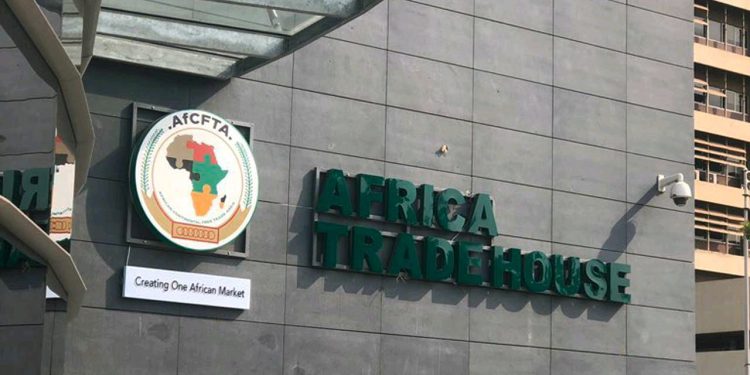By Emmanuel Nduka
The Nigerian government has announced plans to critically examine and potentially renegotiate existing international trade agreements that may no longer align with the country’s economic interests, particularly as it deepens its involvement in the African Continental Free Trade Area (AfCFTA).
Dr. Jumoke Oduwole, Minister of Industry, Trade, and Investment, made this known during the Editors’ Roundtable hosted by the Ministry in Lagos. She emphasized the need to ensure Nigeria’s trade engagements foster growth and protect local industries from becoming collateral damage in broader regional or global arrangements.
According to Oduwole, many past agreements, especially those under the World Trade Organisation (WTO), granted unrestricted access to foreign investors, creating scenarios where foreign goods could dominate the Nigerian market.
With AfCFTA’s implementation, concerns have emerged that these legacy agreements could turn Nigeria into a dumping ground for goods from other African nations, undercutting local producers.
In response, the Ministry is reviewing such treaties and may exit those that offer little or no value to the economy.
The review will also support efforts to solidify Nigeria’s position as a leading force within AfCFTA, which spans a $3.4 trillion market and includes over 1.4 billion people.
Highlighting economic momentum, the Minister revealed a sharp rise in Micro, Small, and Medium Enterprise (MSME) registrations—from 15,000 in the last quarter of 2024 to 263,454 in Q1 2025.
This surge of 248,454 new entrants is aimed at boosting domestic enterprise participation in regional trade and improving their access to credit.
She also reported that Nigeria’s non-oil exports saw a 24.6% increase, hitting $7.46 billion, while Special Economic Zones accounted for over $10 million in exports during the final quarter of 2024.
Oduwole added that Nigeria has strengthened trade ties with five key countries and is leading the digital trade agenda under AfCFTA. Concurrently, a comprehensive review of national trade policies and implementation strategies is underway.
The Ministry is collaborating with the Federal Ministry of Justice to modernize the investment regulatory framework, including the overhaul of bilateral investment treaties. Talks are also ongoing with the African Export-Import Bank (Afrexim) to secure new credit lines through the Nigerian Export-Import Bank (NEXIM) in the second quarter of the year.
“Nigeria’s strategic location and infrastructure, including major ports in Lagos and Port Harcourt, position us as a natural trade hub in West Africa,” Oduwole stated. “With the right policies, our manufacturers and service providers can thrive across African markets.”
As Nigeria positions itself to take full advantage of AfCFTA’s potential, these reforms are intended to foster economic diversification, expand market access, and enhance global competitiveness for local businesses.




































